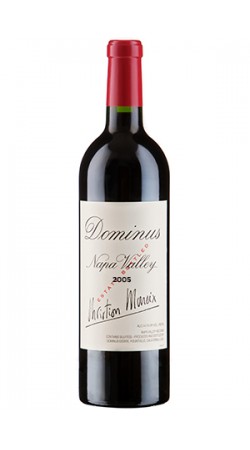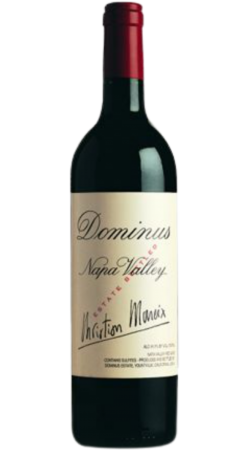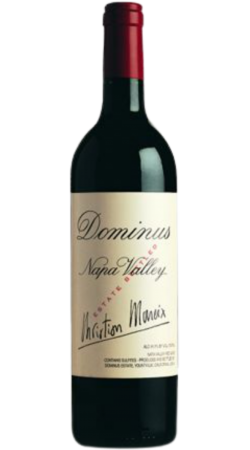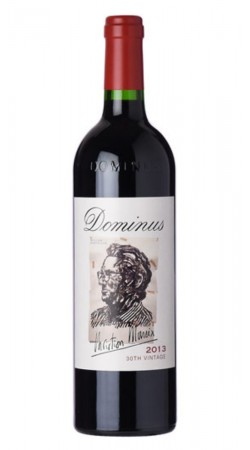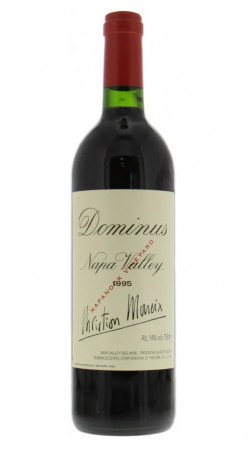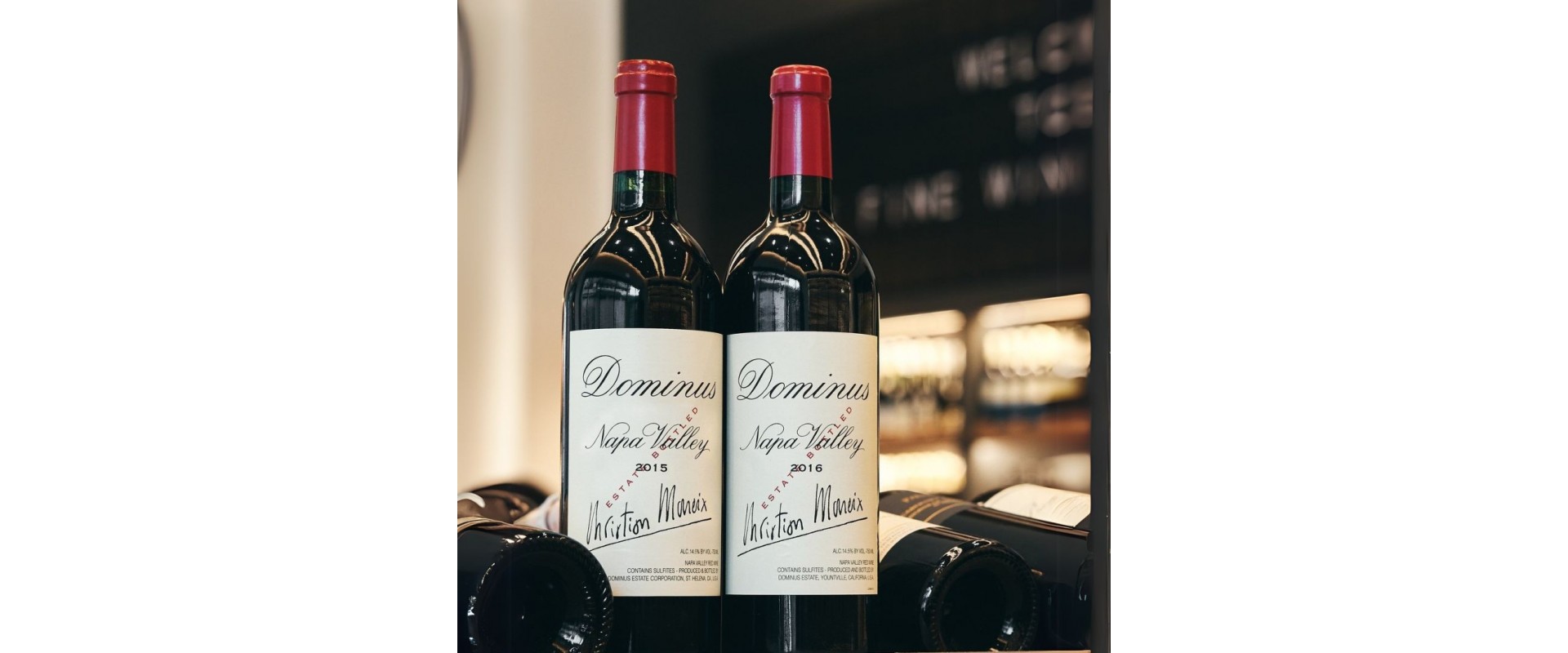
The story of Dominus began in 1982, when Christian Moueix, a French winemaker from Bordeaux, decided to purchase a 124-acre estate in Napa Valley, California. Moueix came from a prominent winemaking family; his father, Jean-Pierre Moueix, was the owner of the prestigious Bordeaux winery Château Pétrus, one of the most sought-after and expensive wines in the world. Christian Moueix had inherited his family's deep understanding of terroir, and his vision was to apply this expertise to the unique soil and climate of Napa Valley.
Moueix was looking for a place to create a wine that would combine the quality and structure of Bordeaux wines with the distinctive character of Napa Valley. After years of searching, he found the perfect land in Oakville, one of Napa's most acclaimed AVAs (American Viticultural Areas), and purchased it in 1982. The estate was named Dominus, which is Latin for "lord" or "master," a reference to the ownership of the land and also symbolizing the winemaker’s stewardship of the vineyard.

Adaptive Viticulture
Wine is the product of a living ecosystem. Each decision we take in the vineyard determines the quality of the wine. We constantly refine our viticultural practices to adapt to evolving climate conditions. We are committed to creating a place where grapevines, wildlife, vegetation and man can thrive together for generations to come.
Land remains fallow for a minimum of 4 years before replanting. Custom cover crops are selected for each parcel. Precise canopy management allows the grapes to ripen slowly and evenly. Green harvest encourages balanced crops. During ripening, fruit is tasted daily. Grapes are rinsed before harvest to eliminate dust and to achieve purity. Fruit is harvested by hand with French shears. Small harvest baskets keep the fruit fresh and whole.
Dry Farming
Dry farming is the foundation of our comprehensive approach to viticulture. It produces balanced vines with deep connections to the land and complex wines expressing their terroir.
A proactive practice which depends on experience and constant observation, dry farming:
- Harnesses water naturally present in the soil.
- Motivates vines to grow deep roots, connecting them to underground water and minerals.
- Fosters vine strength by promoting the density of its wood.
- Increases resistance to drought and disease.
- Conserves water, an increasingly precious natural resource.

